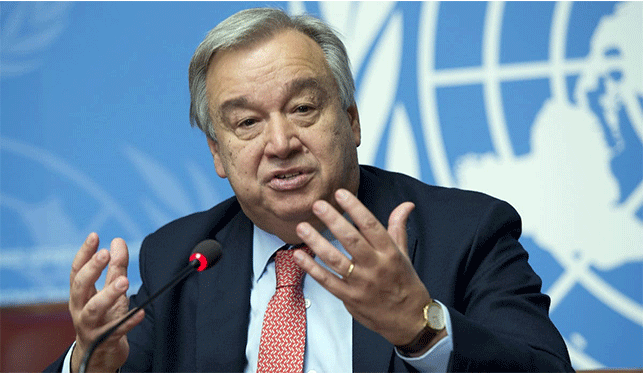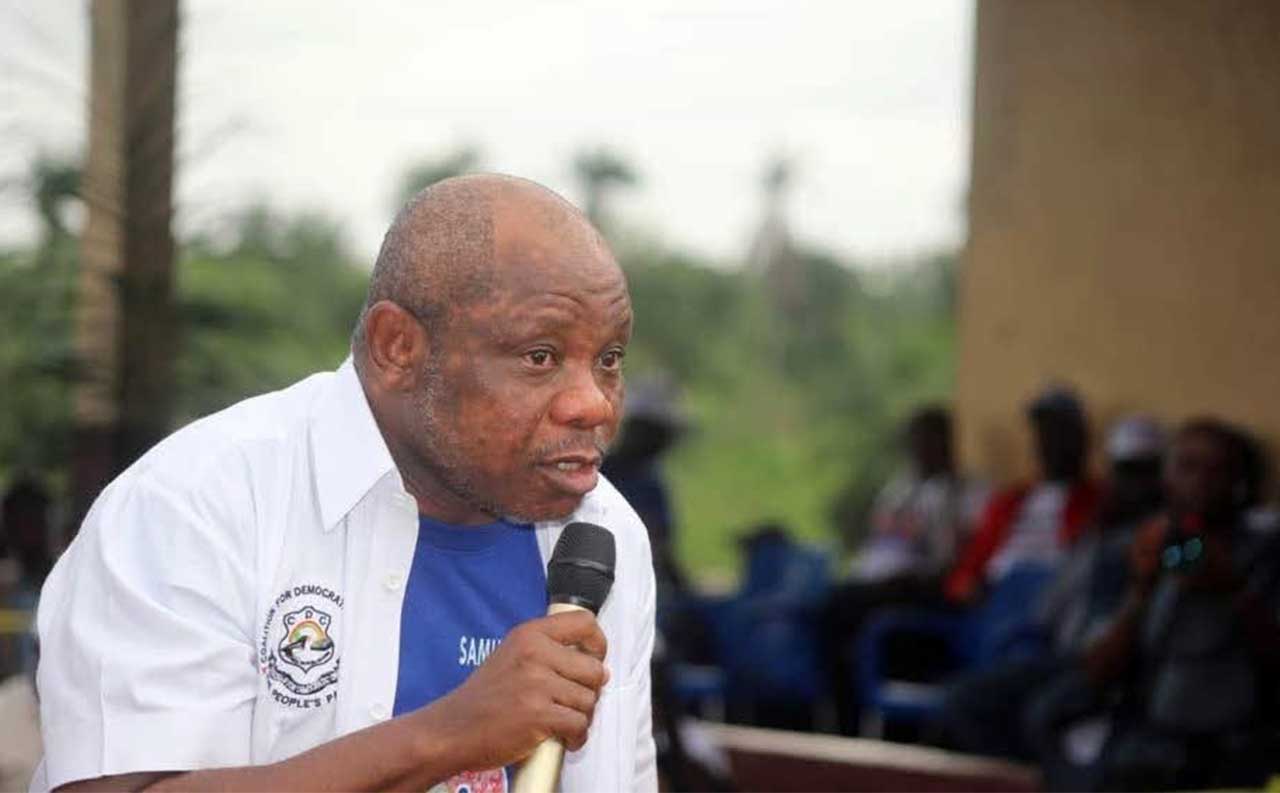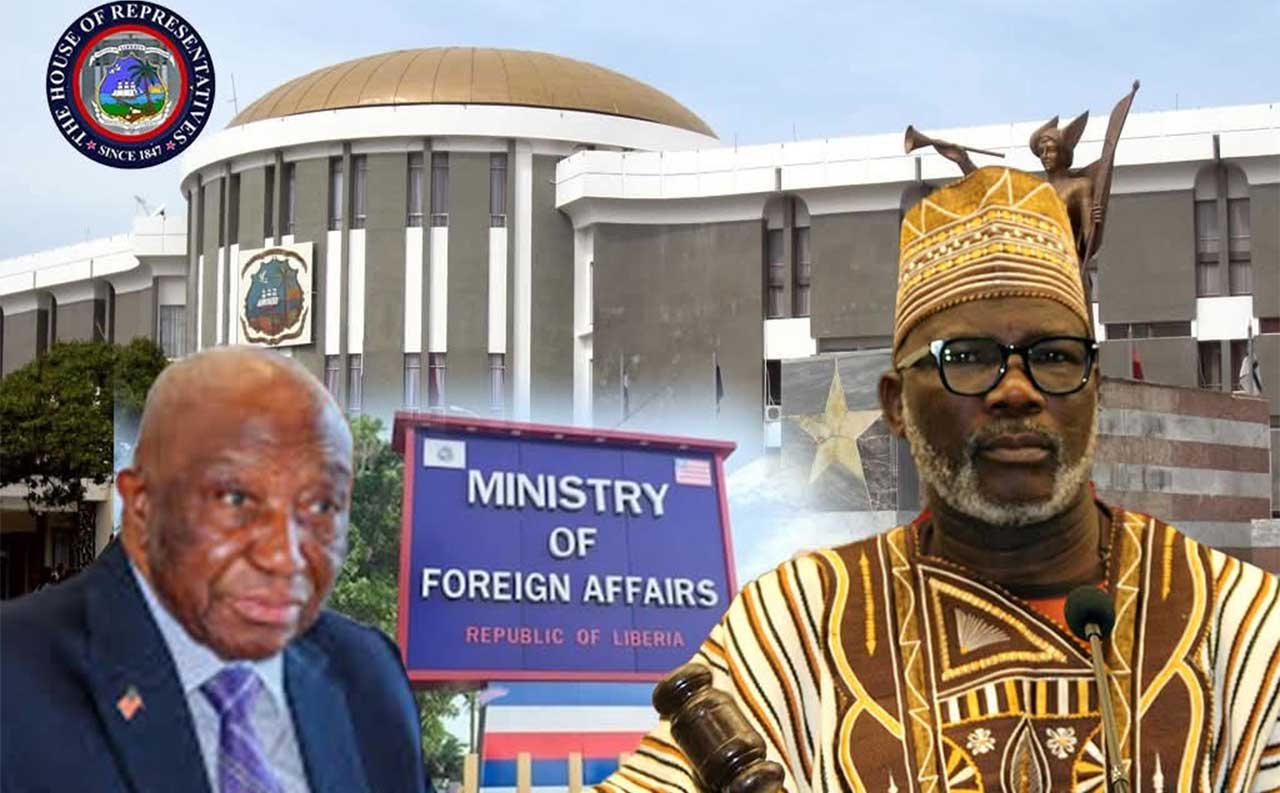The Secretary General of the United Nations (UN) António Guterres has disclosed that final negotiations are underway in New York, United States of America, for September’s Summit of the Future, where Heads of State will agree on reforms to the building blocks of global cooperation.
In a statement dated August 12, 2024 titled: “OP-ED on the Summit of the Future,” Guterres said the UN had to convene this unique Summit because of a stark fact- “global problems are moving faster than the institutions designed to solve them.”
According to him, ferocious conflicts and violence are inflicting terrible suffering; geopolitical divisions are rife; inequality and injustice are everywhere, corroding trust, compounding grievances, and feeding populism and extremism, plus the age-old challenges of poverty, hunger, discrimination, misogyny and racism are taking on new forms.
The UN Secretary General said the world faces new and existential threats, from runaway climate chaos and environmental degradation to technologies like Artificial Intelligence developing in an ethical and legal vacuum, and the Summit of the Future recognizes that the solutions to all the challenges are in the world, but the world need a system update that only global leaders can deliver.
He said the Summit will also focus on new technologies with a global impact, seeking ways to close the digital divide and establish shared principles for an open, free and secure digital future for all.
“International decision-making is stuck in a time warp. Many global institutions and tools are a product of the 1940s – an era before globalization, before decolonization, before widespread recognition of universal human rights and gender equality, before humanity travelled into space – never mind cyberspace,” Guterres said.
According to him, the victors of World War II still have pre-eminence in the UN Security Council, while the entire continent of Africa lacks a permanent seat, adding that the global financial architecture is heavily weighted against developing countries and fails to provide a safety net when they face difficulties, leaving them drowning in debt, which drains money away from investments in their people.
“And global institutions offer limited space for many of the major players in today’s world – from civil society to the private sector. Young people who will inherit the future are almost invisible, while the interests of future generations go unrepresented,” Guterres narrated.
UN Secretary General: “The message is clear: we cannot create a future fit for our grandchildren with a system built for our grandparents. The Summit of the Future will be an opportunity to re-boot multilateral collaboration fit for the 21st Century.”
Accordingly, he said solutions the UN has proposed include a New Agenda for Peace focused on updating international institutions and tools to prevent and end conflicts, including the UN Security Council.
He indicated that the New Agenda for Peace calls for a renewed push to rid the world of nuclear arms and other weapons of mass destruction, and broadening the definition of security to encompass gender-based violence and gang violence.
“It takes future security threats into account, recognizing the changing nature of warfare and the risks of weaponizing new technologies. For example, we need a global agreement to outlaw so-called Lethal Autonomous Weapons that can take life-or-death decisions without human input,” the UN Secretary General said.



